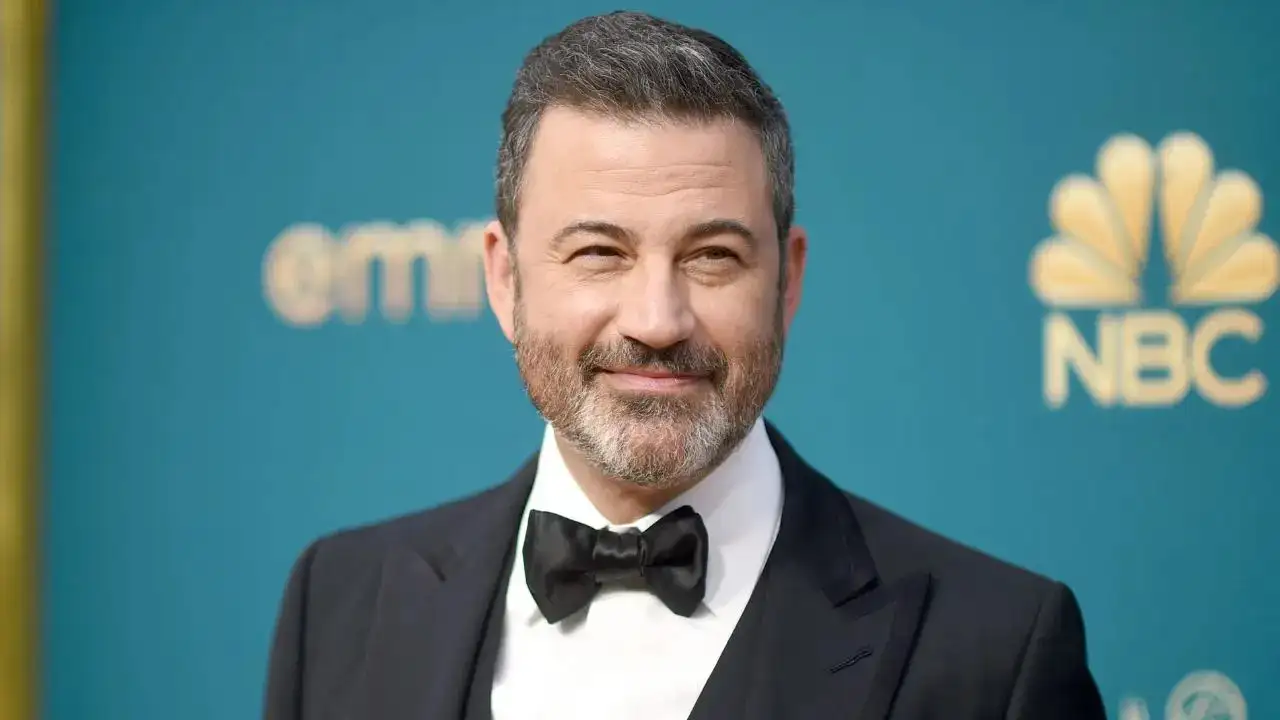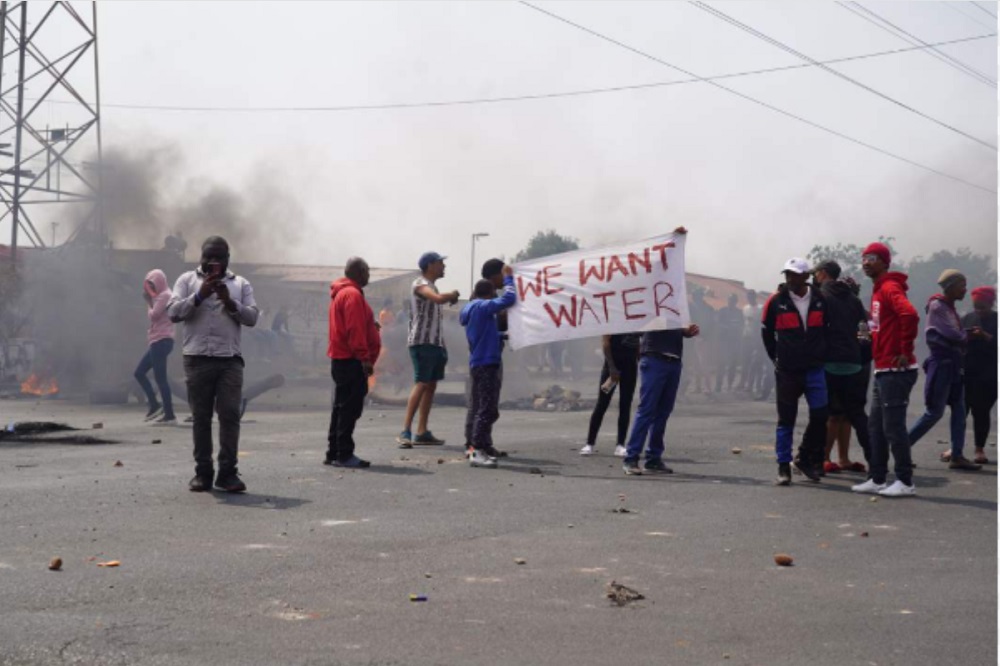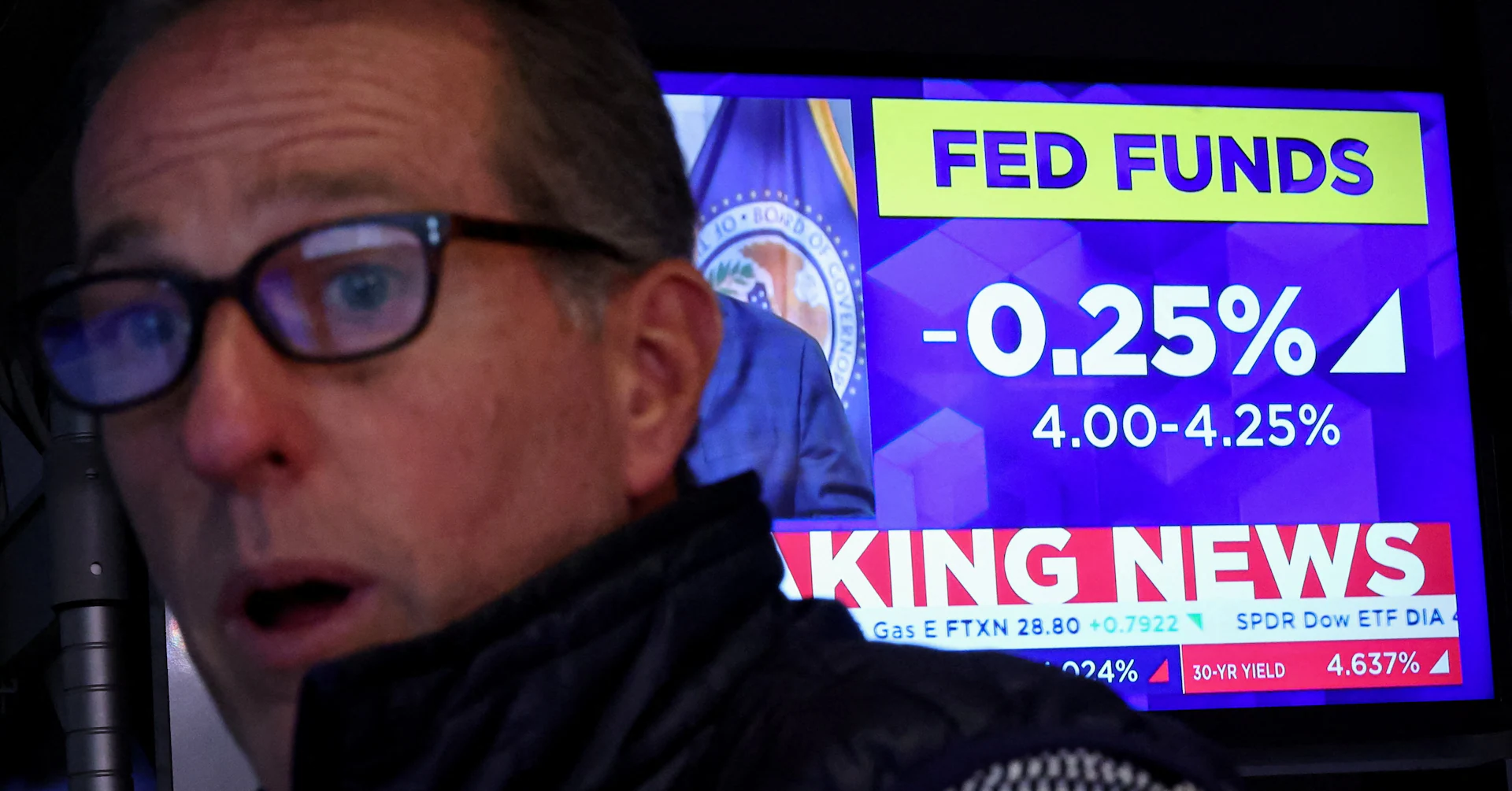By Rounak Bagchi
Copyright timesnownews

The suspension of late-night host Jimmy Kimmel, announced abruptly by ABC’s parent company Disney after remarks he made about the killing of conservative activist Charlie Kirk, has spiraled into a far larger debate over the role of government in regulating speech. What began as a network programming decision quickly drew in the White House, the Federal Communications Commission, and some of the country’s most prominent political figures. A Collision Between Politics and Entertainment Disney’s Wednesday night announcement followed remarks from FCC Chair Brendan Carr, who earlier in the day had suggested that regulators could move against ABC’s broadcast licenses if it did not act on Kimmel’s comments. The comedian, a frequent critic of US President Donald Trump, had accused conservatives of “desperately trying to characterize this kid who murdered Charlie Kirk as anything other than one of them.” Carr called the comments “sick” and “an intentional effort to mislead the American people.” Hours later, Disney said Jimmy Kimmel Live! would be taken off the air indefinitely. That sequence alarmed free speech advocates. Critics, quoted by The Wall Street Journal, said it blurred the lines between a network exercising its discretion and the state using its regulatory authority to punish speech it dislikes. President Trump, traveling in the United Kingdom, dismissed those concerns. “They should have fired him a long time ago,” Trump told reporters. “You can call that free speech or not. He was fired for lack of talent.” Later, Trump urged NBC to cancel its other late-night competitors, calling the ratings for Jimmy Fallon and Seth Meyers “horrible.” What Were the Reactions to the Suspension? The controversy has cast a light on how political outrage now drives institutional decisions. Senator Chuck Schumer, Democrat of New York, accused Carr of abusing his office. “I can’t think of a greater threat to free speech than Carr in many, many years,” he said. “He’s despicable. He’s anti-American. He ought to resign, and Trump ought to fire him.” Former President Barack Obama issued an even sharper warning. “After years of complaining about cancel culture, the current administration has taken it to a new and dangerous level by routinely threatening regulatory action against media companies unless they muzzle or fire reporters and commentators it doesn’t like,” Obama said in a statement on Thursday. For Democrats and liberal activists, Kimmel’s suspension is evidence that “cancel culture” has been turned on its head, with conservatives now leveraging government power to punish adversaries. The episode has exposed fissures within the conservative movement. Some Republicans, such as former Vice President Mike Pence, expressed unease with Carr’s intervention. Also Read: What Does Suspension Of Jimmy Kimmel Mean For Late Night Television? “The First Amendment doesn’t protect entertainers from being fired by their employers,” Pence said on CNBC. “But I would have preferred that the FCC didn’t weigh in in the wake of this.” Others, including Republican Chip Roy of Texas, criticised Attorney General Pam Bondi’s floated idea of prosecuting “hate speech.” “‘Hate’ speech — as even a concept — is a tool of leftists and tyrants,” Roy wrote on social media. History of the Free Speech Debate in America The debate is hardly new. In the 1960s, comedian Lenny Bruce was repeatedly arrested for obscenity, with prosecutors arguing that his profanity was corrosive to public morality. Bruce died in 1966, but his case became a rallying point for advocates of free artistic expression. In 2001, ABC briefly suspended Politically Incorrect host Bill Maher after his remarks about the September 11 attacks. Sponsors pulled ads, affiliates balked, and the show was canceled the following year. And in 2017, Stephen Colbert sparked controversy with a crude joke about Trump. Critics called for his firing; the FCC reviewed the segment but declined to take action. “Comedy has always been a frontline in America’s free speech debates,” Kathleen Hall Jamieson, a professor of communication at the University of Pennsylvania, had said. “But what we’re seeing now is qualitatively different — it’s not just about offense, it’s about direct government involvement.” The Kimmel suspension also arrives amid a series of moves by the Trump administration aimed at regulating political expression. Bondi has raised the possibility of prosecuting individuals who engage in hate speech and businesses that refuse to display tributes to Kirk. Officials are considering using the RICO statute to investigate liberal foundations such as those backed by George Soros. More than 100 philanthropic groups signed an open letter on Wednesday condemning the administration’s moves. “Attempts to silence speech, criminalize opposing viewpoints, and misrepresent and limit charitable giving undermine our democracy and harm all Americans,” the groups wrote. The administration’s push has unnerved some conservatives who once celebrated the First Amendment as a bulwark against government interference. Vice President JD Vance, speaking to supporters, framed it instead as a matter of accountability: “When you see someone celebrating Charlie’s murder, call them out — and, hell, call their employer.” The Late-Night Legacy Jimmy Kimmel is far from the first late-night comedian to spar with political power. But the circumstances of his suspension underscore how precarious the role has become. Once regarded as entertainers who punctured pomposity with humor, late-night hosts are now seen as partisan figures. Trump himself has long bristled at their jokes. This week, aboard Air Force One, he suggested networks that broadcast “bad publicity” about him might lose their licenses. “I would think maybe their license should be taken away,” he said. Get Latest News Live on Times Now along with Breaking News and Top Headlines from US News and around the World.



